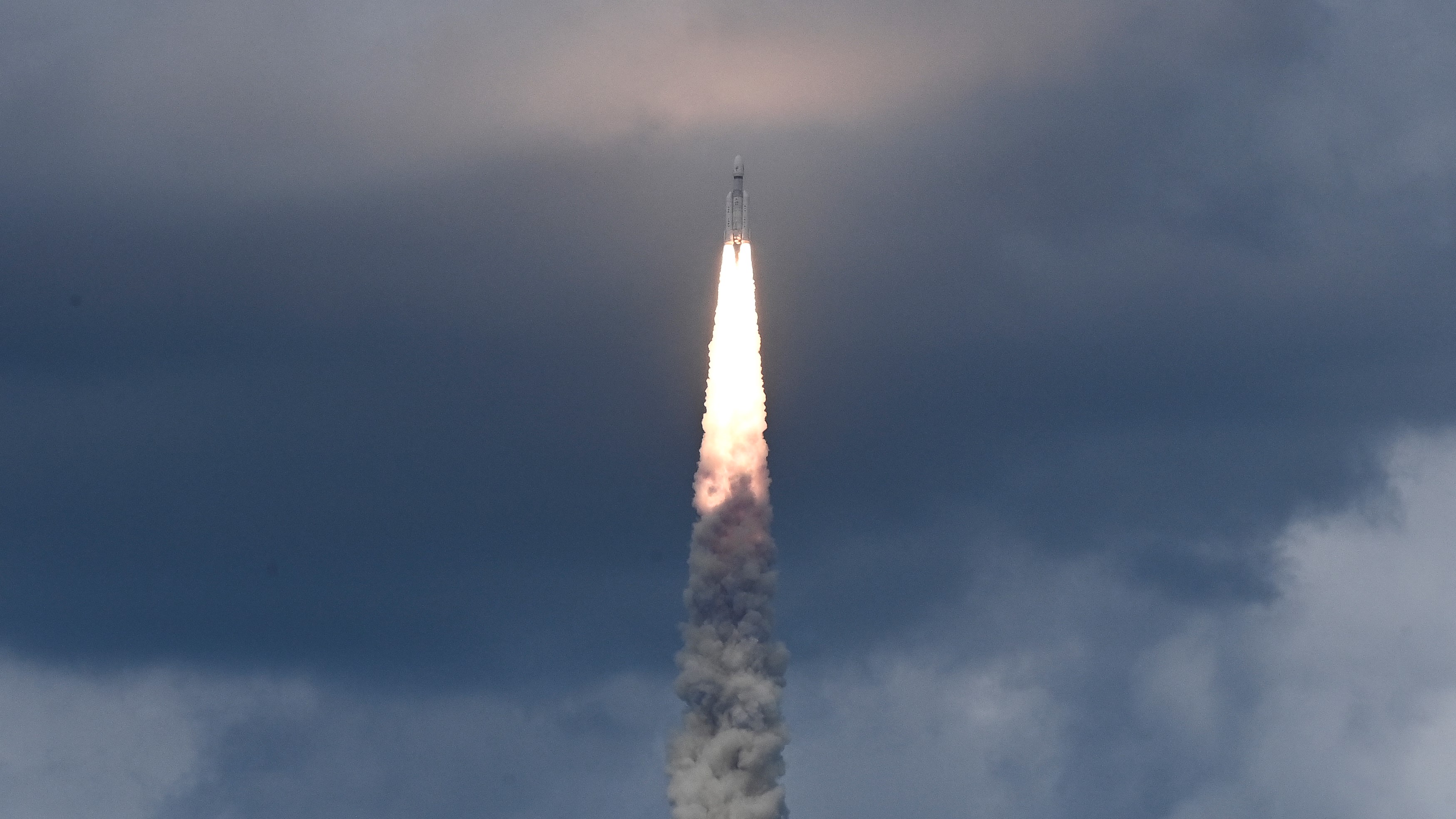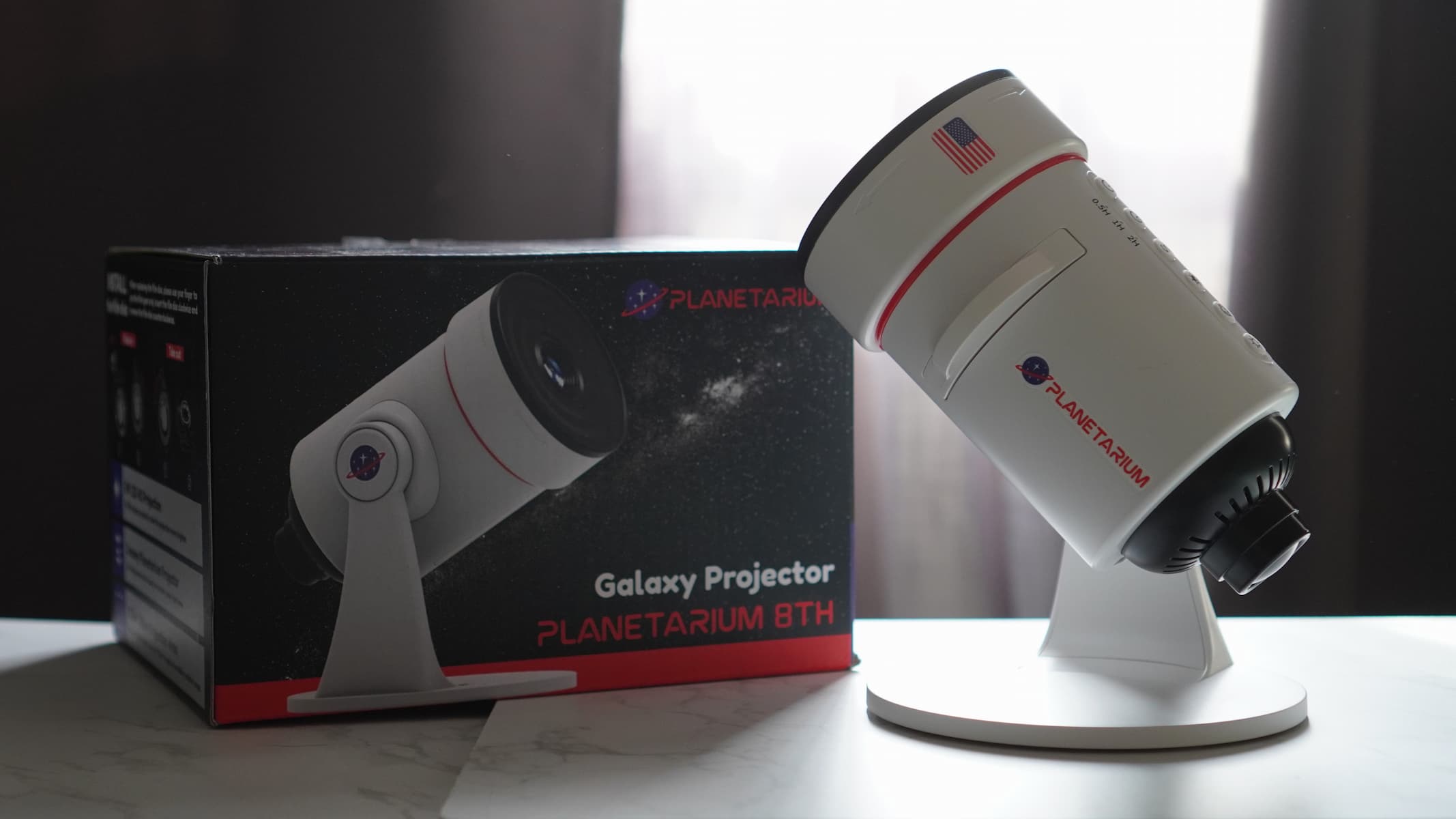India wants to land astronauts on the moon in 2040
'India should now aim for new and ambitious goals.'

Fresh off its first-ever successful robotic moon landing, India aims to put an astronaut on the lunar surface by 2040 and build an Earth-orbiting space station by 2035, the nation's government said on Tuesday (Oct. 17).
On Aug. 23, India became just the fourth nation ever to soft-land a spacecraft — its Chandrayaan-3 lander-rover duo — on the surface of the moon. In a recent meeting with the Indian government department that manages the country's space program, Prime Minister Narendra Modi "directed that India should now aim for new and ambitious goals," according to an official statement.
India's future moon exploration efforts will include a series of additional robotic Chandrayaan missions, a new launch pad and a heavy-lift launch vehicle, the statement added.
Related: India to launch test flight on Oct. 21 for future Gaganyaan astronaut mission
India's delayed Gaganyaan human spaceflight program, now aiming to fly three astronauts to low Earth orbit in 2025, will feature 20 major tests, including three uncrewed missions to test the launch vehicle over the course of the remainder of this year and all of next.
As part of this testing process, the first high-altitude abort test meant to validate the crew escape system will be carried out this Saturday (Oct. 21), officials announced in the same statement. Launching from the country's spaceport in Sriharikota, the Test Vehicle Demonstration 1 (TV-D1) mission will also assess whether drogue parachutes can effectively stabilize the spacecraft and decelerate it during reentry to Earth's atmosphere.
By the middle of the 2030s, India hopes to have a 20-ton space station in a fixed orbit 248 miles (400 kilometers) above Earth, with capabilities to host astronauts for 15 to 20 days at a time, K. Sivan, former chairman of the Indian Space Research Organisation (ISRO), has previously said.
Breaking space news, the latest updates on rocket launches, skywatching events and more!
Further down the pipeline of missions, ISRO is planning a Venus orbiter called Shukrayaan-1 to study the surface of that hellishly hot planet. The payloads for that mission are currently being developed, current ISRO chairman S. Somanath had said last month.
A second orbiter mission to Mars is also on the books, according to the latest statement. The nation's first, the Mars Orbiter Mission (MOM), was launched in 2013 and studied the Red Planet's atmosphere for eight years before it lost contact with Earth in April 2022.
The follow-up mission, Mars Orbiter Mission 2 or MOM 2, will likely include cameras to study the planet's crust and may also include a lander, although many of the mission plans are yet to be finalized.
India isn't the only nation aiming to send people to the moon. The United States is targeting late 2025 for the launch of Artemis 3, its first crewed lunar landing mission since the Apollo program 50 years ago. Artemis 3 will place astronauts in one of the 13 potential landing regions near the lunar south pole. China is eyeing some of these same spots for its own crewed lunar touchdown, which it aims to pull off before the end of this decade.
Join our Space Forums to keep talking space on the latest missions, night sky and more! And if you have a news tip, correction or comment, let us know at: community@space.com.

Sharmila Kuthunur is a Seattle-based science journalist focusing on astronomy and space exploration. Her work has also appeared in Scientific American, Astronomy and Live Science, among other publications. She has earned a master's degree in journalism from Northeastern University in Boston. Follow her on BlueSky @skuthunur.bsky.social
